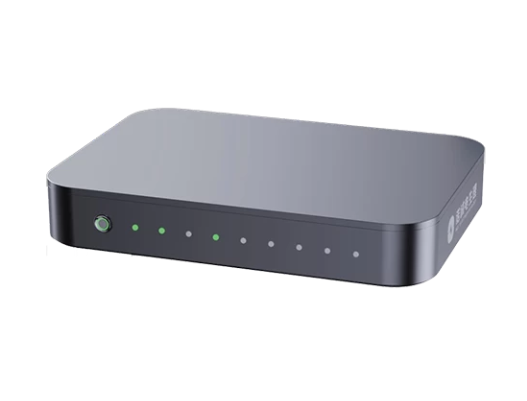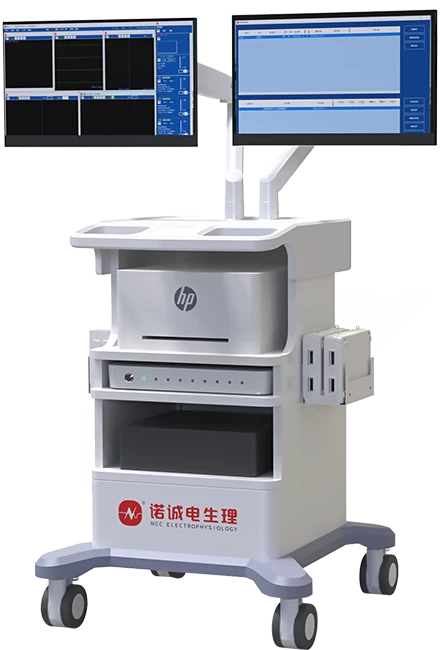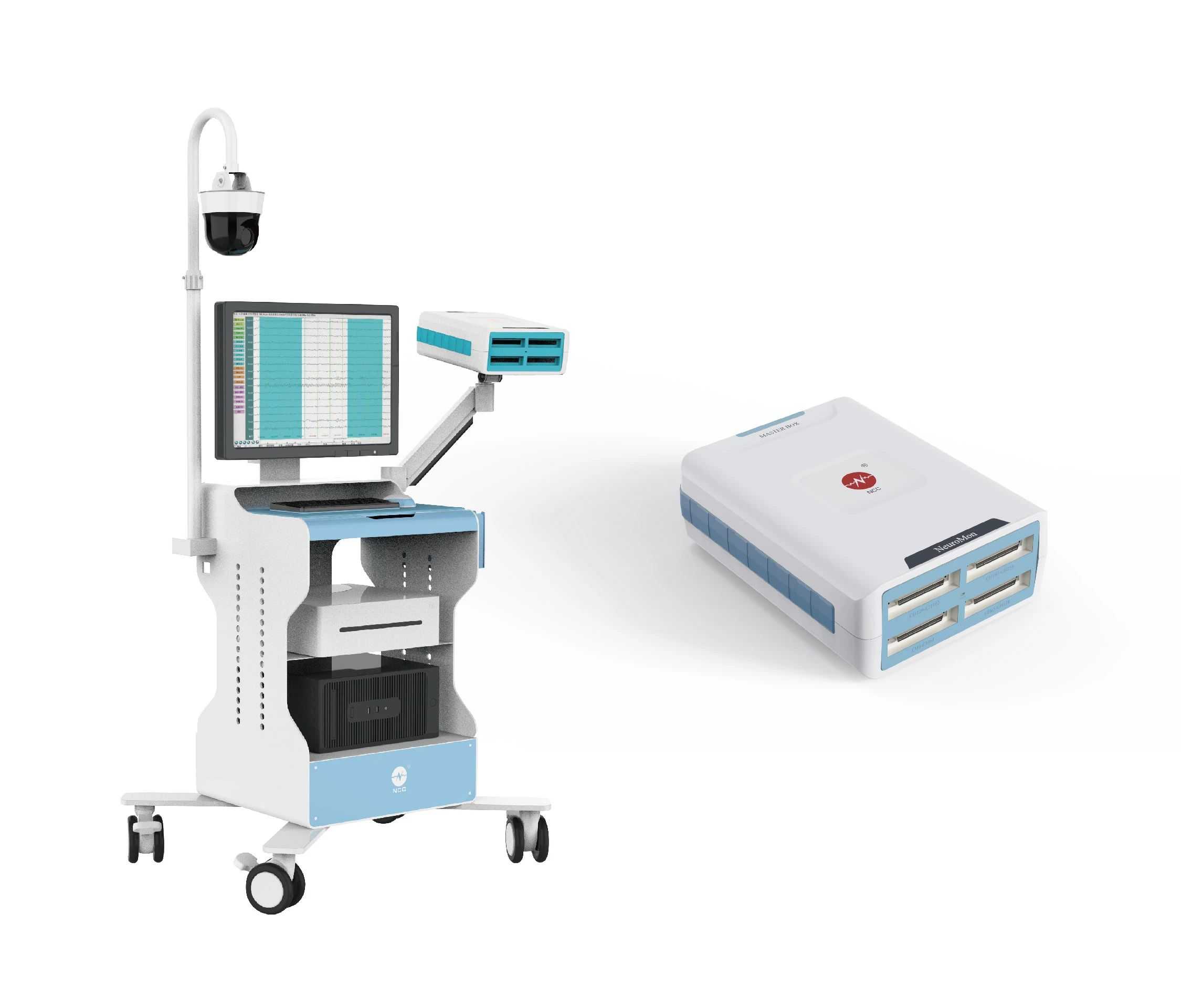A Complete Guide to Disposable Subdermal Needle Electrodes: Benefits and Uses
In the field of electrophysiology, precision, safety, and patient comfort are paramount. One of the key tools used in neurophysiological procedures is the disposable subdermal needle electrode. These electrodes play an essential role in various diagnostic and therapeutic applications, including electroencephalography (EEG), electromyography (EMG), and nerve conduction studies. This guide will take you through the benefits, uses, and significance of disposable subdermal needle electrodes, with a focus on how NCC, a leading provider of electrophysiological devices, consumables, and solutions, contributes to advancing medical technology.

What Are Disposable Subdermal Needle Electrodes?
A disposable subdermal needle electrode is a small, fine needle used to make temporary contact with nerves or muscles during electrophysiological testing. These electrodes are typically used to measure electrical signals in the body, which helps in diagnosing a wide range of conditions affecting the nervous system and muscles. The "disposable" aspect ensures that the electrode is single-use, which is vital for infection control and maintaining patient safety.
The needle is designed to be minimally invasive, making it easier to place in the skin without causing significant discomfort. These electrodes are used in various medical tests to measure electrical activity in the brain, muscles, and nerves, allowing for detailed analysis of physiological functions.
Benefits of Disposable Subdermal Needle Electrodes
1. Enhanced Patient Safety
One of the primary advantages of disposable subdermal needle electrodes is the reduction in the risk of cross-contamination and infection. Since these electrodes are used only once and then disposed of, there is no chance of transmitting infections between patients, which is critical in a medical environment.
NCC, a prominent provider of electrophysiology equipment, places significant emphasis on the safety of their products. Their disposable subdermal needle electrodes are designed to ensure minimal invasiveness, reducing the risk of complications for patients.
2. High Precision in Measurements
The precision of these electrodes is crucial for accurate diagnostic results. Disposable subdermal needle electrodes offer high-quality signal detection due to their fine, sharp needles that ensure a clear connection to the nerves or muscles. This level of precision is necessary for various diagnostic tests, including nerve conduction studies (NCS) and electromyography (EMG), as it allows for the accurate mapping of electrical activity in the body.
3. Comfort for Patients
Thanks to their small needle size and fine design, disposable subdermal needle electrodes are relatively comfortable for patients. The discomfort is minimal compared to other methods, which can be particularly important for patients undergoing repetitive testing or those who are sensitive to pain.
NCC’s commitment to patient comfort is reflected in the design of their electrodes, ensuring that both the healthcare provider and the patient experience a smoother procedure.
4. Cost-Effectiveness
While reusable electrodes can be more expensive upfront, disposable electrodes are a cost-effective option in the long run. By eliminating the need for cleaning and sterilizing reusable electrodes, hospitals and clinics can save on labor and maintenance costs. Furthermore, these electrodes are designed to be used for a single procedure, which ensures that each test is done with a fresh, high-quality electrode.
5. Easy to Use
The ease of use of disposable subdermal needle electrodes is another reason they are favored in clinical environments. With minimal preparation required, healthcare professionals can easily integrate these electrodes into various diagnostic procedures. NCC’s electrodes are designed to be user-friendly, reducing setup time and helping to streamline the diagnostic process.
Uses of Disposable Subdermal Needle Electrodes
1. Electromyography (EMG)
In EMG, disposable subdermal needle electrodes are used to detect the electrical activity of muscles. This procedure is commonly used to diagnose conditions like muscle disorders, nerve injuries, and diseases that affect the motor neurons. The electrodes detect the electrical signals produced by muscles when they contract, providing valuable data on muscle function.
2. Nerve Conduction Studies (NCS)
Disposable subdermal needle electrodes are also essential in nerve conduction studies, which are used to diagnose nerve damage or dysfunction. These electrodes are placed on or near the nerve to measure the speed and strength of electrical signals as they travel along the nerve fibers. Conditions such as peripheral neuropathy and carpal tunnel syndrome can be diagnosed using this technique.
3. Intraoperative Monitoring
In intraoperative monitoring, disposable subdermal needle electrodes are used to monitor the electrical activity of nerves and muscles during surgery. This is especially important during neurosurgery or orthopedic procedures to ensure that no unintended damage is done to critical nerves. Real-time data allows surgeons to make immediate adjustments and avoid complications.
4. Brain and Spinal Cord Monitoring
During certain diagnostic procedures, disposable subdermal needle electrodes can be used for monitoring brain and spinal cord electrical activity. These tests are critical in diagnosing seizure disorders, neurological conditions, and assessing overall brain function.
5. Rehabilitative Medicine
In rehabilitative medicine, especially in conditions like stroke recovery or muscular dystrophy, these electrodes can be used to assess muscle responses and monitor rehabilitation progress. They allow healthcare providers to track the electrical impulses and assist in customizing treatment plans for patients.
How NCC Contributes to Advancements in Electrophysiology
NCC has established itself as a leader in the field of electrophysiology by focusing on innovation and product development. As a one-stop provider of neuroelectrophysiological equipment, consumables, and solutions, NCC ensures that their disposable subdermal needle electrodes meet the highest standards of quality and precision. Their product development process is continuously refined to address the evolving needs of the medical industry.
NCC is committed to improving both the technological innovation and clinical application of its products. By focusing on providing high-performance, safe, and cost-effective products, they help healthcare professionals offer accurate diagnostics and effective treatments.
Conclusion
Disposable subdermal needle electrodes are an essential tool in modern electrophysiology, providing high-precision data for diagnostics while ensuring patient safety and comfort. From EMG and NCS to intraoperative monitoring and rehabilitative medicine, these electrodes play a critical role in various medical procedures.
With companies like NCC, which offer reliable, innovative, and high-quality solutions, healthcare providers can improve the effectiveness of their treatments and diagnostic procedures. By investing in disposable subdermal needle electrodes, healthcare professionals ensure they provide the best care possible while also maintaining operational efficiency.

 中文
中文 Arabic
Arabic Spanish
Spanish Hindi
Hindi French
French Indonesian
Indonesian Portuguese
Portuguese Persian
Persian Russian
Russian Korean
Korean German
German Vietnamese
Vietnamese Turkish
Turkish



